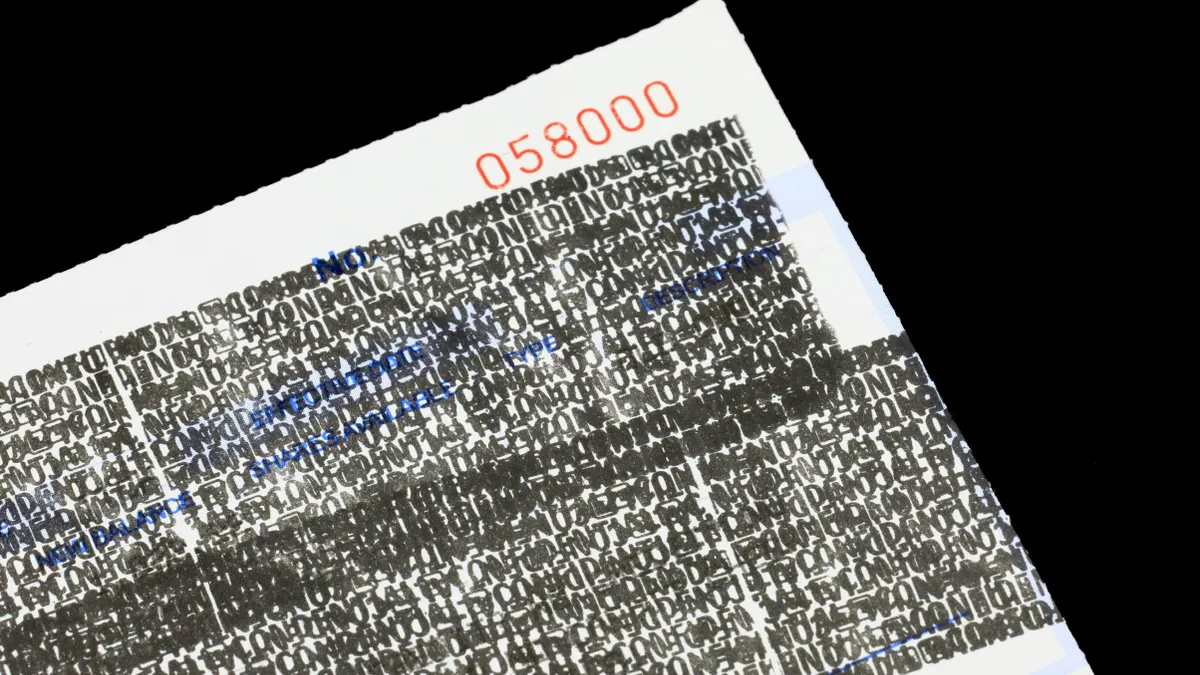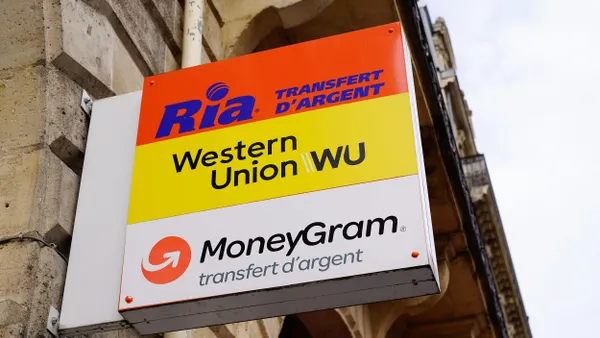For many organizations, electronic payments are the norm--accounting for a majority of settlement activity. Technology has made transactions among businesses smarter, faster, more secure and cost efficient for all parties involved. Nevertheless, paper checks continue to be widely used in B2B transactions, a reminder of how sticky legacy processes and systems can be.
Paper checks remain a reality for many, often existing side-by-side with more automated processes and electronic payments. This presents a unique vulnerability for companies who, while rightfully focused on cybersecurity, may not understand or even realize the risks posed by the paper check. This has created a timely opportunity for fraudsters, who are increasingly taking advantage of a frequently forgotten and overlooked area of payments to engage in activities that can have extremely damaging consequences.
A $24 billion industry
With a significant volume of business checks still being transacted, losses to check fraud are on the rise.
Experts predict totals will surpass $24 billion in 2024 with incremental costs being even higher. For example, check fraud damages usually do not account for potentially lost future financial opportunities (like downgraded credit ratings as a result of subsequent media reports). Non-financial repercussions, such as reputational damage can also occur, which carries heavy implications for stakeholders at levels of the business. Customers may leave, as may employees – specifically those whose responsibility is to manage fraud. Vendors may question the company’s current and future ability to pay, and potential business partners might hesitate to do business with a company perceived to be weak on financial security. What’s more, the FDIC only covers bank failures. The agency does not protect companies against fraud or theft losses.
All these considerations prompted the USPS last summer to warn of the risks of mailing checks, with a message to avoid if possible and if not possible, be sure to always use a secure mail drop such as inside a post office.
For some, checks are still the only option
For businesses that do rely on paper checks, the need usually outweighs the risk. In a recent Association for Finance Professionals study, 65% of respondents reported they were victims of check fraud but, surprisingly, 70% have no plans to eliminate check writing. Some businesses have no choice but to pay via check, because checks remain the only payment method which supports multiple payees, making them important for certain industries such as property and casualty insurance. In other cases, checks may be mandated based on payer or payee policies.
While the industry adapts to resolve these situations, and companies adapt their processes and workflows to eliminate check payments, companies can protect themselves by better acquainting themselves with the not-so-ancient art of check fraud, which can include kiting, forgery, and other forms of counterfeiting. The market has become especially lucrative due to the personal data that can be lifted from stolen checks—not just account numbers, but also name, address, and phone number. Businesses need to pay special attention to how and where physical checks are printed and stored, and they should look for opportunities to automate the process wherever possible.
Commercial banker’s role
While paper check payments do carry the unique risk of check fraud, commercial banks can assist by offering clients electronic payables or check replacement solutions to help business move to more secure electronic payments. Of course, any business still writing checks should take advantage of their bank’s check protection services such as positive pay and other fraud mitigation services.
While some electronic payables solutions are available from third-party fintech providers, research shows that a majority of businesses would prefer to work with their bank directly on payments solutions. The main reason for this is because banks offer a long-established reputation for stability and reliability, and eliminate the need for businesses to identify and approve another vendor/provider relationship.
While checks persist for some types of business payments, the situation need not be dire. Businesses can strategically defend against check fraud by:
- Eliminating use of mailed checks wherever possible by using bank offered electronic payment/payable solutions
- Ensuring remaining checks are secured through the print and mail process, including avoidance of dropping checks into public, unsecured mailboxes
- Adopting the most robust options for check protection available such as payee positive pay, and ensuring daily processes are in place to carefully review positive pay exceptions
In a world where payments are almost entirely automated, it can be easy for businesses to overlook the unique risks posed by exposure to paper checks. For that reason, businesses should know the risks and work closely with an experienced commercial banker to ensure that fraud risks are minimized across the payments process.
Laura McGortey is Director of Treasury & Payment Solutions at Synovus Bank










